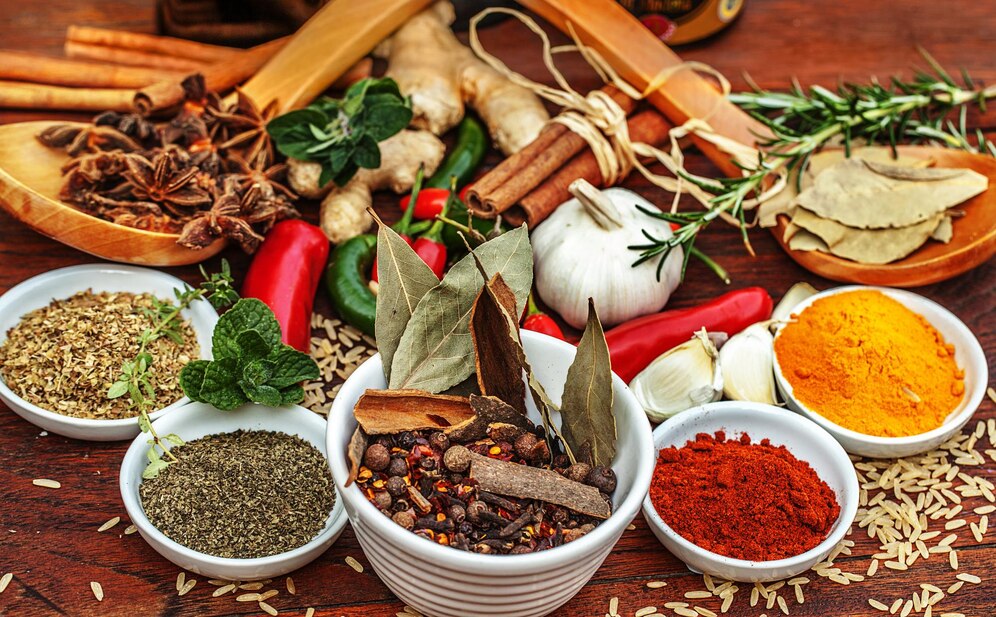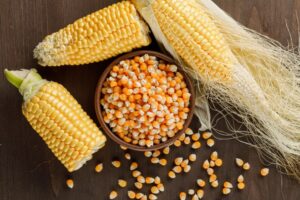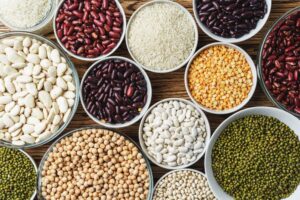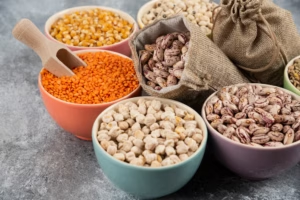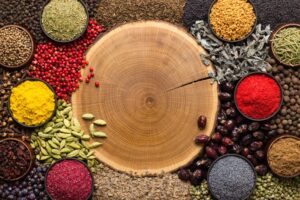Corn, often referred to as maize, is one of the most vital crops cultivated globally. Known as the “golden crop,” it represents much more than a source of sustenance. It is a symbol of nourishment, economic growth, and sustainability. From feeding communities to fueling industries, corn has become a cornerstone of human progress, shaping economies, cultures, and innovations worldwide.
A Nutritional Powerhouse
Corn has been a dietary staple for centuries, serving as a critical source of nutrition for billions. Its versatility is unmatched, finding its way into countless forms such as cornmeal, tortillas, popcorn, and syrups. The crop is rich in carbohydrates, providing energy essential for daily activities. It also contains dietary fiber, which aids digestion, and various vitamins and minerals such as vitamin B6, magnesium, and antioxidants.
For those with dietary restrictions, corn offers a gluten-free alternative, making it a valuable staple for people with celiac disease or gluten intolerance. In many developing countries, corn is a lifeline, ensuring food security for millions who rely on its affordability and accessibility. Its adaptability to different cuisines and climates solidifies its position as a global nutritional cornerstone.
Driving Economic Growth
The economic significance of corn cannot be overstated. It is one of the most traded agricultural commodities globally, driving growth in major producing nations such as the United States, China, and Brazil. These countries export millions of tons of corn annually, meeting the demands of global markets and sustaining numerous industries.
Corn is a critical ingredient in animal feed, supporting the livestock sector, which is vital for meat, dairy, and poultry production. This interconnected relationship highlights the crop’s integral role in global food systems. Moreover, corn-derived ethanol has revolutionized the energy sector, providing a renewable fuel source that reduces dependency on fossil fuels. The ethanol industry has created countless jobs, particularly in rural areas, boosting local economies and contributing to sustainable energy solutions.
Beyond Food and Fuel
Corn’s utility extends far beyond food and biofuels. It serves as a raw material in countless industries, showcasing its versatility and potential for innovation. Corn starch, for instance, is a vital component in food production, pharmaceuticals, paper manufacturing, and adhesives. High-fructose corn syrup has become a common sweetener in processed foods and beverages, although its use has sparked ongoing health debates.
One of the most promising applications of corn lies in sustainability. Corn-based bioplastics are emerging as an eco-friendly alternative to conventional plastics, offering a solution to the global plastic waste crisis. Additionally, corn is being utilized in the development of bio-based chemicals and textiles, paving the way for greener industrial practices. These innovations highlight corn’s ability to address modern challenges and drive sustainable development.
Environmental Considerations and Sustainability
While corn is a vital crop, its cultivation is not without challenges. Large-scale farming often involves intensive resource use, including water, fertilizers, and pesticides, which can lead to environmental degradation. Monoculture farming practices reduce biodiversity and increase susceptibility to pests and diseases.
However, advancements in agricultural technology are addressing these issues. Drought-resistant and pest-tolerant corn varieties are being developed, enabling farmers to achieve higher yields with fewer resources. Precision farming techniques, which use data to optimize planting and harvesting, are also gaining traction, minimizing environmental impacts while maximizing productivity.
Corn’s role in combating climate change is noteworthy. As a plant, it absorbs carbon dioxide during photosynthesis, contributing to carbon sequestration. Additionally, corn-based ethanol is a cleaner-burning fuel, reducing greenhouse gas emissions and aiding the transition to a low-carbon economy.
Cultural and Historical Importance
Corn’s significance extends beyond its economic and nutritional value. It holds deep cultural and historical importance, particularly in the Americas where it originated. For ancient civilizations like the Maya and Aztec, corn was revered as a divine gift and a symbol of life and abundance. It played a central role in their myths, rituals, and daily lives.
Even today, corn remains a cultural icon. Festivals and harvest celebrations dedicated to corn are observed in many parts of the world. These traditions not only honor the crop’s historical significance but also underscore its enduring role in sustaining communities.
Challenges and Future Prospects
Despite its many benefits, the increasing global demand for corn presents challenges. The competition between using corn for food versus biofuels, often referred to as the “food vs. fuel” debate, raises concerns about resource allocation. Additionally, climate change and fluctuating market prices pose risks to corn production and supply chains.
To address these challenges, collaborative efforts are essential. Governments, researchers, and farmers must work together to promote sustainable farming practices, invest in agricultural research, and diversify the uses of corn. Public awareness about the crop’s value and its role in addressing global issues can further support these initiatives.
Conclusion
Corn is far more than a simple crop. It is a golden thread that weaves together nutrition, economic growth, cultural heritage, and sustainability. Its resilience and versatility have made it an irreplaceable part of human life, feeding billions, driving industries, and inspiring innovation. As the world faces challenges like food security, climate change, and resource scarcity, corn’s potential to provide solutions is more relevant than ever. With sustainable practices and forward-thinking strategies, this golden crop will continue to nourish communities and power industries for generations to come.

